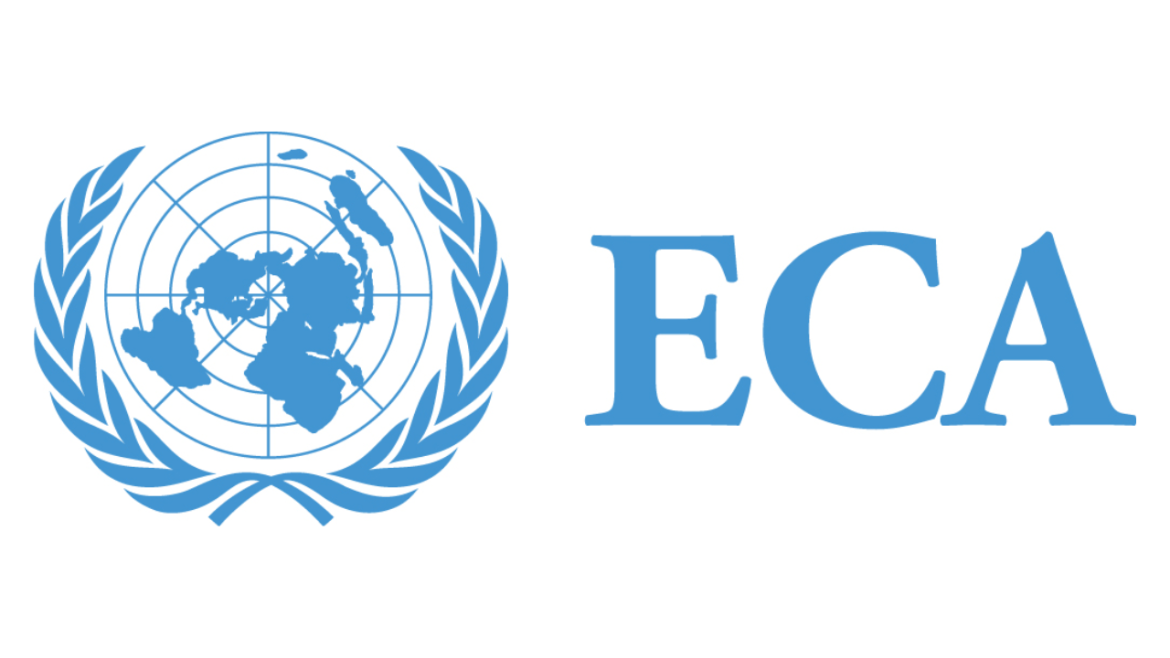By Muhammad Amaan
The United Nations Economic Commission for Africa (ECA), has urged African leaders to embrace bold reforms and strategic investment in human capital to achieve the continent’s long-term vision under Agenda 2063.
The ECA’s Under-Secretary-General and Executive Secretary, Mr Claver Gatete, said this at the high-level forum to inaugurate the Second Ten-Year Implementation Plan (STYIP) of Agenda 2063 in Abidjan.
Mr Gatete said Africa’s development was being undermined by climate shocks, rising debt, and structural constraints in spite its immense natural and demographic potential.
“Climate-induced disasters are draining up to five per cent of Africa’s Gross Domestic Product (GDP) annually, and external debt has surpassed 1.15 trillion dollars.
“How can a continent so rich in natural, human, and cultural capital remain so constrained in its progress?” he asked.
He said the STYIP provided a clear framework for transforming the continent with key goals.
“This includes achieving middle-income status by 2033, deepening regional integration through the African Continental Free Trade Area (AfCFTA), and empowering citizens with skills and opportunities,” he said.
According to him, these targets are not out of reach, but require determined leadership, disciplined execution, and smart investments, particularly in the continent’s youth.
“Africa is the youngest continent in the world, and by 2030, more than 40 per cent of the global youth population will be African.
“But what good is demographic strength if it is not matched by education, digital skills, and entrepreneurial platforms?” he said.
He called for a rethink of human capital development as an economic strategy, urging governments to align education systems with the demands of the green and digital economy.
This, he said, included nurturing engineers, scientists, and researchers who could process Africa’s mineral wealth and support industrialisation.
On financing, Mr Gatete welcomed the proposal to establish an African Development Fund but stressed that additional innovative approaches were needed to close the gap.
He outlined five financing priorities for the STYIP’s success including developing regional capital markets, mobilising domestic resources through improved tax systems and tackling illicit financial flows.
Others he said are reforming the global financial architecture, and tapping into diaspora remittances and climate finance instruments.
“Africa loses more than 88 billion dollars annually through illicit flows over-invoicing, corruption and profit shifting.
“We must treat corruption as a national security threat and enforce transparency and accountability.
“African countries also need to push for a seat at the global financial decision-making table, as current structures are relics of the colonial era and no longer serves the continent’s interests,” he said.
Gatete called on countries to fully leverage diaspora bonds, green bonds, and debt-for-nature swaps, and to amplify the case for reparative justice in the African Union’s Year of Reparations.
Beyond funding, the executive secretary said the strength of public institutions would be key to implementing the plan.
He reiterated the need for ethical, efficient and digitally enabled public services capable of partnering with youth and private sector actors.
“The Economic Commission for Africa stands ready to support this transformative agenda through data, policy advice and technical assistance,” he added.
Gatete expressed optimism that, with the right mix of investment, reform, and visionary leadership, Africa could indeed rise to fulfil the promise of Agenda 2063.
The forum was attended by senior government officials, development partners and African Union institutions including AUDA-NEPAD and the African Development Bank (AfDB).




